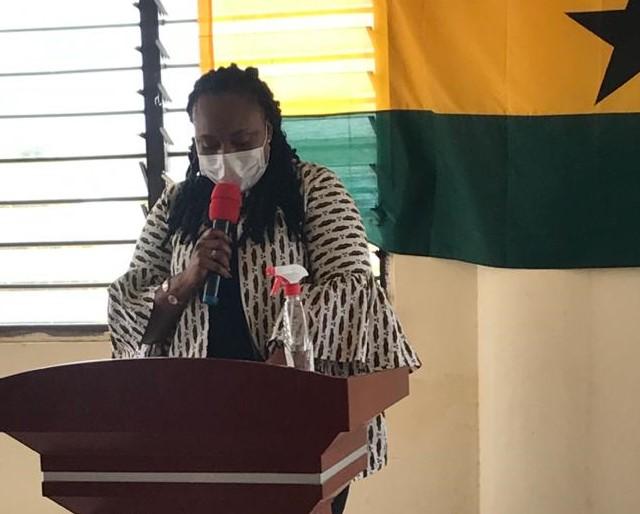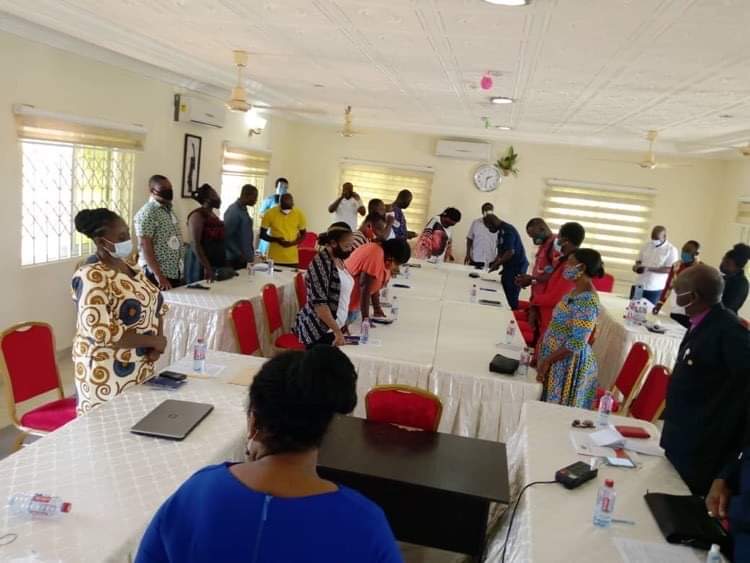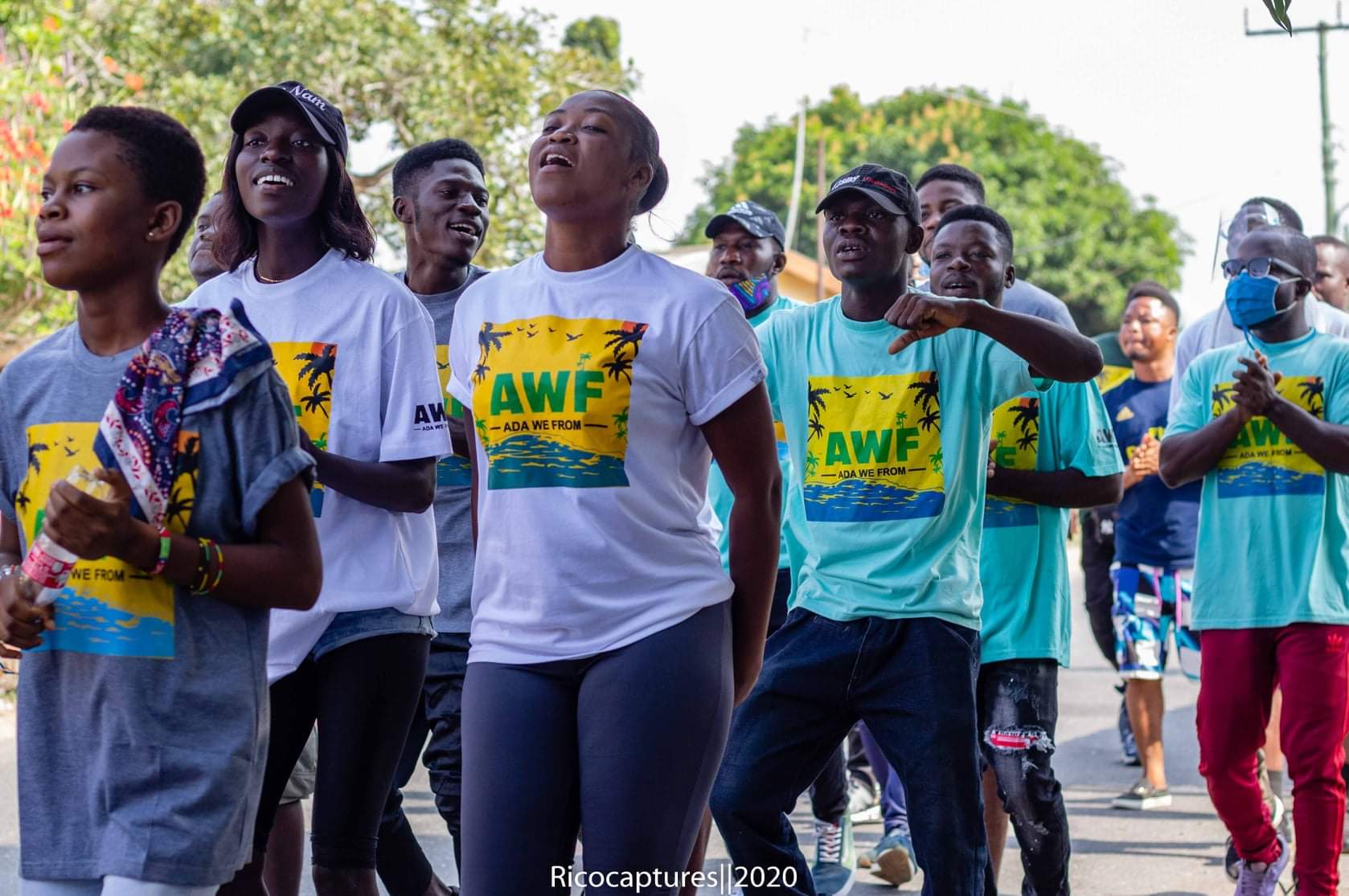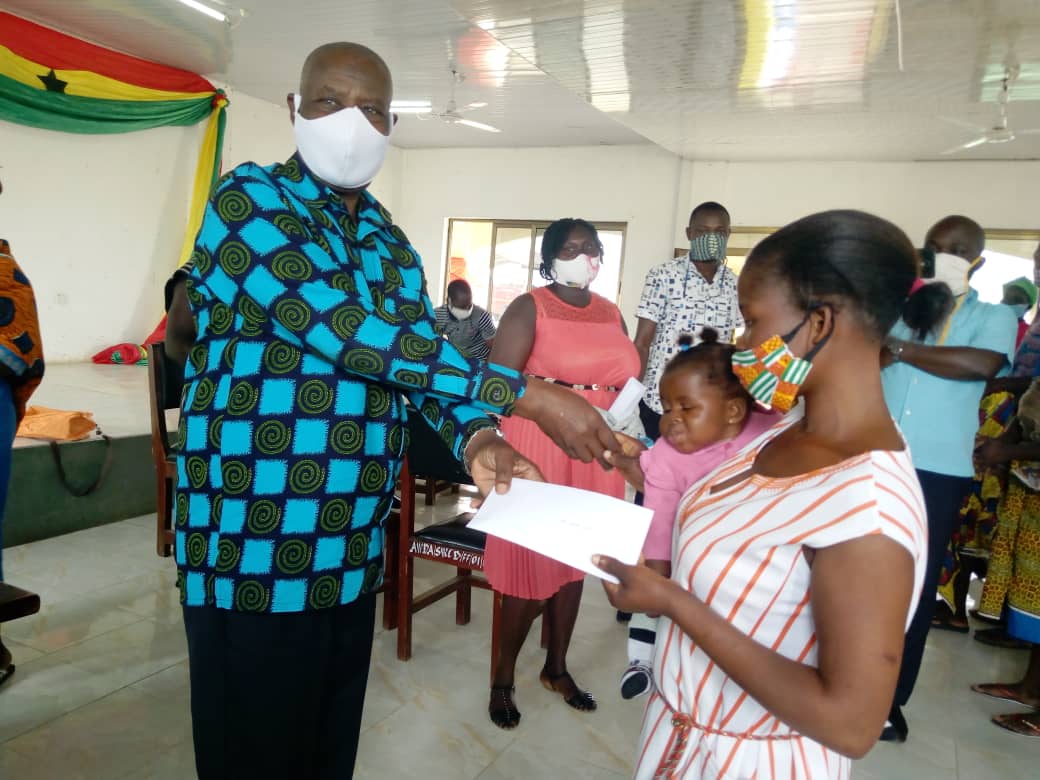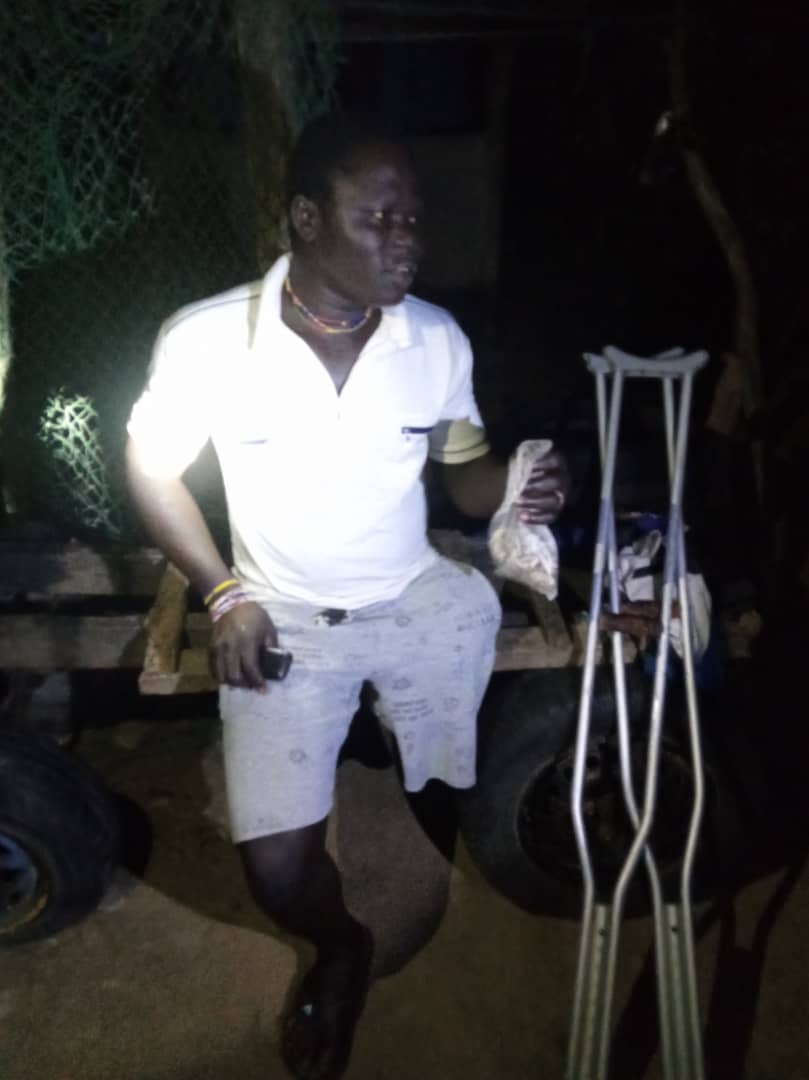 Being able to spot a lie when she tells you one is one of those skills that will make the difference between being respected by your lover and being manipulated and possibly cheated on.
Being able to spot a lie when she tells you one is one of those skills that will make the difference between being respected by your lover and being manipulated and possibly cheated on.
You don’t want to become a policeman, but you still want to be able to recognize a lie if / when she tells you one.
Not being able to do that, will be taken as a permission for your partner to keep lying to you, because anyways you’ll never find out about it.
As a result, she’ll lose respect for you, and she’ll start seeing you as this naïve person that believes anything she tells you. And you don’t want to be in that position.
Note: Even though the article is directed to men. The advice applies to both men and women.
So, how do you spot a lie?
Let me tell you a personal story…
It happened to me once that my girlfriend went to a party at one of her classmate’s house, but what she actually told me was that she was going to sleep and she couldn’t wait for us to talk the next day.
So how did I figure out this lie?
She sent me a text telling me that she was going to bed soon, and that she loved me very much, and then she emphasized the idea of talking tomorrow.
This text however got me a little suspicious, and here’s why:
First of all, she was usually going to sleep much later in the night (which was the first sign that raised my suspicion)
Second of all, the way she reassured me of her love was too absolute, and not characteristic of her. (which was the second sign)
And third of all, she wanted to talk tomorrow, thus she kind of hinted that she didn’t want me to contact her anymore that night. (which was the third and last sign that put a big question mark in my head)
So, I called her twice a few minutes later, and she didn’t answer. Then I called her again around one hour later, and there was still no answer. And that was when I knew for sure that something was not right.
I went to sleep and the next day I got a lovely text from her saying that she was sorry that she didn’t answer my phone calls because she was sleeping and didn’t hear the phone ringing, and that she missed me so much.
I was of course all skeptical of what she said, and when we talked on Skype I started asking some clarifying questions, but doing that in a very calm, relaxed and non-accusing way.
And things started getting messy.
First of all she told me that she didn’t hear the phone because she was sleeping, but I called her 5 minutes after she sent me the text, so sure enough that she wasn’t asleep yet, or even if she was, it would have not been such a strong sleep to not be able to hear the phone, especially when ringing twice.
And when I told her that, she was somewhat hesitant and changed the story and said that she heard the phone but couldn’t pick it up because she was in the bathroom. So here’s another sign – the story was inconsistent.
Now with all these signs of her potential lying, I felt even more justified to question her.
So I asked her why she didn’t give me a call when she got out of the bathroom, and she said that she had forgotten about my phone calls.
Well, that would be somewhat believable, but not when I called her twice and she heard the phone ringing. As she usually knows that I do want to talk to her if I called her twice, and her forgetting about it was not something characteristic of her. So she didn’t behave in a consistent way, the way she’d usually behave – thus calling me back.
Then the next question for her was “What about my next phone call, one hour later?” And she said that she was sleeping and she didn’t hear it. I smiled and asked her where did she leave her phone when she went to sleep. And she said that it was close to her, which meant that she would have easily heard it ringing. So here it was another inconsistency in her story.
I told her that it was impossible that she would have not heard the phone ringing, and she then said that she actually heard it but didn’t want to pick up because she was too sleepy. Yet another inconsistency.
Then I ask her “So what time did you go to sleep?” and she said “At 11 pm.” And that’s when I threw in a made up fact saying that “Well, but I called you at 11 pm and you said you were in the bathroom.” (when I actually called her around 10:30 pm.) And what she said then was “Ohh, then probably I went to sleep after 11 pm, I don’t remember.” Once again she adjusted her story to a made up fact that I have thrown in on purpose. It was clear that she was lying to me.
And I kept pressing a little more, telling her that this whole story is all messed up and doesn’t seem believable at all. I was on the point of asking her to tell me the whole story from beginning to end again, when she actually gave up and admitted of having been to her classmate’s house party. And she didn’t want to tell me about it because she didn’t want to me worry about her going out that night, and especially to a private house party.
End of story.
So this is the story of the first and last time when my current girlfriend lied to me. And that’s because of how I dealt with this issue, after I learned that she lied to me, but that’s the subject of another article.
The 5 steps to spot a lie.
I told you this story, because it perfectly shows a few different very effective ways to spot lies. Let’s take them one by one.
1. Inconsistency in her behavior.
Whenever I have a little suspicion of a potential lie, I always ask myself: Is what she told me believable, and consistent with her current situation, or consistent with the context that she has been in that particular moment?
We humans tend to be very consistent in our behavior. There are habitual actions that we tend to take given specific situations. And when you’ve been in a relationship with someone for a while, you start to notice these habitual actions.
After a while, we get to know them so well that we are able to predict what are their usual activities, what is their usual behavior, what are their habits, how do they usually react to a given situation and so on.
And based on this information we are then able to spot inconsistencies in their behavior when they are lying to us. Such inconsistencies usually are a different tone of voice when telling you about something or a different reaction than you’d usually expect to a particular situation.
In my case, she told me that she was going to sleep earlier than she would usually go to sleep, then she was also too reassuring of love and lastly she somewhat implied that I shouldn’t call her that night anymore because she’ll was going to bed. All of these facts being very unlike her, thus showing inconsistency in her behavior.
2. Asking clarifying questions.
When there are several signs that raise our suspicion it is okay to ask some clarifying questions to our partner. However due to the fact that asking such questions might get her somewhat defensive, it’s very important to ask them in a casual and non-accusing way.
The point of these questions is to detect some hesitation or some inconsistencies in her story.
In my experience when people lie, they tend to be somewhat hesitant when telling a story, unless they are well seasoned liars.
So, if your partner is a little bit hesitant when she’s giving you more details about something, then it could potentially be because she’s making those details up in the moment.
You could spot this hesitation by paying attention to how quickly she answers, how much conviction she has when answering, how detailed her answers are and how tensed or different her body language seems to be.
If it takes more time than usually to answer your question, and if she doesn’t seem very sure about what she’s saying, and especially if the answer is short and not very detailed, then chances are that she’s lying.
3. Inconsistency in the story.
But hesitation alone is not a very good predictor of her lying or not, it has to be taken of course in into consideration, but it must be accompanied by inconsistency in her story to point out the fact that she’s actually lying.
In my experience, inconsistency in the story is the best and most accurate sign of lying. When your girlfriend is telling you something and then as you keep challenging her story with different facts and questions she keeps adapting the story (and remembering some additional details) to fit your arguments and questions, then that is pretty much the ultimate evidence of her lying to you.
To take this one step further, as you’ve seen in the story I just told you, I have challenged her story even with a made up fact. And when she still adapted her story to accommodate this new made up fact, it was clear that she was inventing it all, and thus she was lying.
4. Showing disbelief.
And lastly, if she didn’t admit of lying after pointing out all the inconsistencies in her story, or even after she accommodated a made up fact that you threw in, then showing your disbelief is what will press her into telling you the truth.
You see, showing your disbelief is the last thing you want to be doing, NOT the first, unless you have some real evidence of her lying to you. But if you don’t have any evidence, never accuse your partner of lying to you,
BEFORE asking clarifying questions in a casual way, and before spotting some hesitation and inconsistency in her story.
The way to show your disbelief is simply by letting her know that you don’t believe what she told you so far, and that you think that she’s lying.
And as you keep telling her that you don’t believe her, this is the defining moment where she’ll either admit of lying and tell you the truth, or give you once again all the arguments of why she is not lying and convince you of the fact that she was telling the truth all this time.
It is also possible that in this moment your girlfriend might get angry and upset of being accused, and possibly blame YOU for not trusting her. In this case you have to beware of that, as it could easily be a manipulative way of making you give up on your suspicion. My suggestion is to not give up until she calmly explains the whole story from the beginning to the end and this time making it sound much more convincing than the first time.
And you can ask her to do that, because now you have all this evidence of her lying (inconsistency in her behavior, hesitation, inconsistency in her story), and thus of course you won’t just let it all go, simply because she got upset. You need some answers and it’s her duty to give them to you in this case.
Conclusion and Recap
As you can see this is a progressive way of spotting lying, and not just a bunch of tips that could be potential signs of lying. I could have easily told you about a ton of body language cues, and about how her eyes might look to the right when she’s lying, and how she might be touching her face, and how she might bite her lower lip, and how she might close her body, and how she might take a step backwards and so on and so forth, but in my experience these are useless tools unless you are a professional lying detector and you know how to couple them together and interpret them right. That’s why I wanted to stick to some time-tested by me suggestions, like the ones above.
So to recap on how to spot lying, first of all, you want to pay attention to inconsistencies in her behavior (things that don’t feel right to you), then you want to ask clarifying questions and look for hesitation and inconsistency in her story.
The more she’s hesitating and the more inconsistencies in her story you find, the more justified you are to insist in challenging her story with more facts and questions, and doing that until she either admits of lying or it’s simply evident to you that she’s lying and you just have to plainly show your disbelief.
If you want to learn more about dealing with lies and preventing cheating, make sure to read the insights I share on this page.
BY LUVIUS BESSKI



